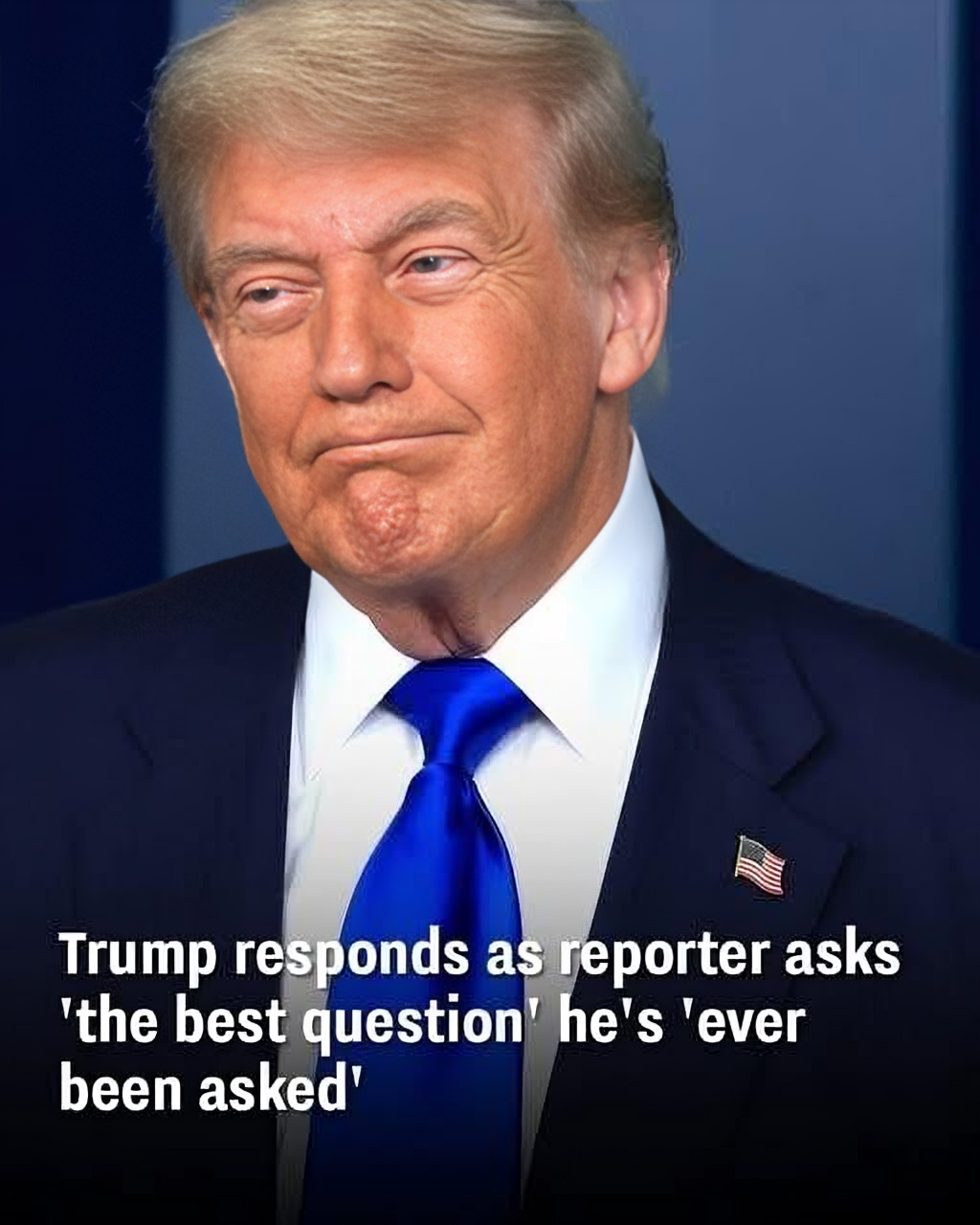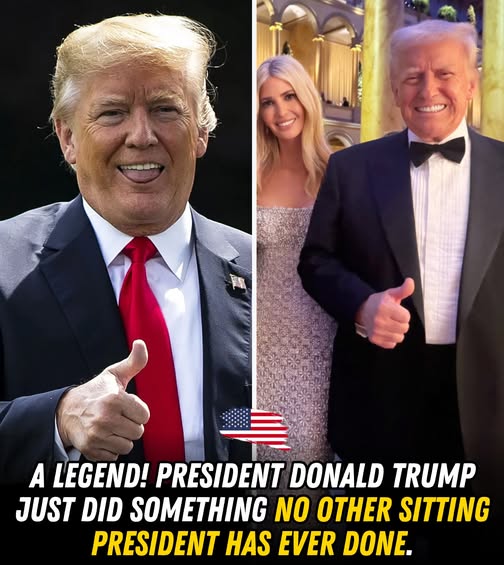Reporter Asks Trump His ‘Best Question Ever’—His Response Is Going Viral
At a recent press conference, former President Donald Trump stunned many by praising a journalist’s question as “the best question I’ve ever been asked.” The comment came after the reporter inquired about a notable shift in opinion by prominent economist Torsten Sløk regarding Trump’s controversial trade and tariff policies. Once a vocal critic who warned that Trump’s aggressive stance on tariffs could push the U.S. into a recession, Sløk has now reversed course. In a recent analysis, he suggested that Trump’s approach may have been a shrewd, long-term strategy aimed at reshaping the global trade landscape in favor of the United States.
Sløk, the chief economist at a major Wall Street firm, now believes that Trump’s tariffs—which were widely condemned during his presidency—could result in as much as $400 billion in annual revenue for the U.S. government if maintained or strategically expanded. He also noted that these policies may have helped address longstanding trade imbalances, particularly with countries like China, while encouraging the reshoring of key industries such as manufacturing and semiconductors.
In response to the question, Trump appeared both triumphant and defiant. “That’s the best question I’ve ever been asked, because finally someone’s looking at the results, not the rhetoric,” he said. He then pointed to what he described as the positive outcomes of his economic agenda: increased tariff-generated revenue, a resilient stock market during his tenure, and what he claimed was “no inflation”—a statement economists have contested. “People who doubted me should go back to business school,” he added with characteristic bravado.
The moment was a significant one for Trump, who has long defended his protectionist trade policies as necessary tools to defend American industries, jobs, and intellectual property. During his presidency, he levied tariffs on hundreds of billions of dollars’ worth of goods, targeting both rivals and allies. Critics at the time—including Sløk—warned that these measures would raise consumer prices, harm American exporters, and trigger a global economic downturn.
However, Sløk’s recent reversal has sparked renewed debate within the economics and policy communities. Some analysts now argue that Trump’s tariffs—while politically divisive—may have helped lay the groundwork for a new global trade order in which the U.S. is less reliant on adversarial nations for critical goods. Others still warn that such protectionism risks long-term economic isolation, retaliatory measures, and higher prices for American consumers.
Despite the controversy, Trump’s supporters have seized on Sløk’s comments as validation of the former president’s trade legacy. With Trump campaigning for a potential second term in office, the endorsement—tacit or not—by a respected economic voice is likely to become a talking point in the 2024 race.
While many economists remain skeptical of the broader benefits of tariffs, Sløk’s shift in perspective has opened the door for a reexamination of Trump’s trade strategy—one that may have been more calculated and globally disruptive than many originally believed.

The moment served as a political boost for Trump, reinforcing his image as a disruptor willing to defy experts in pursuit of American strength.







